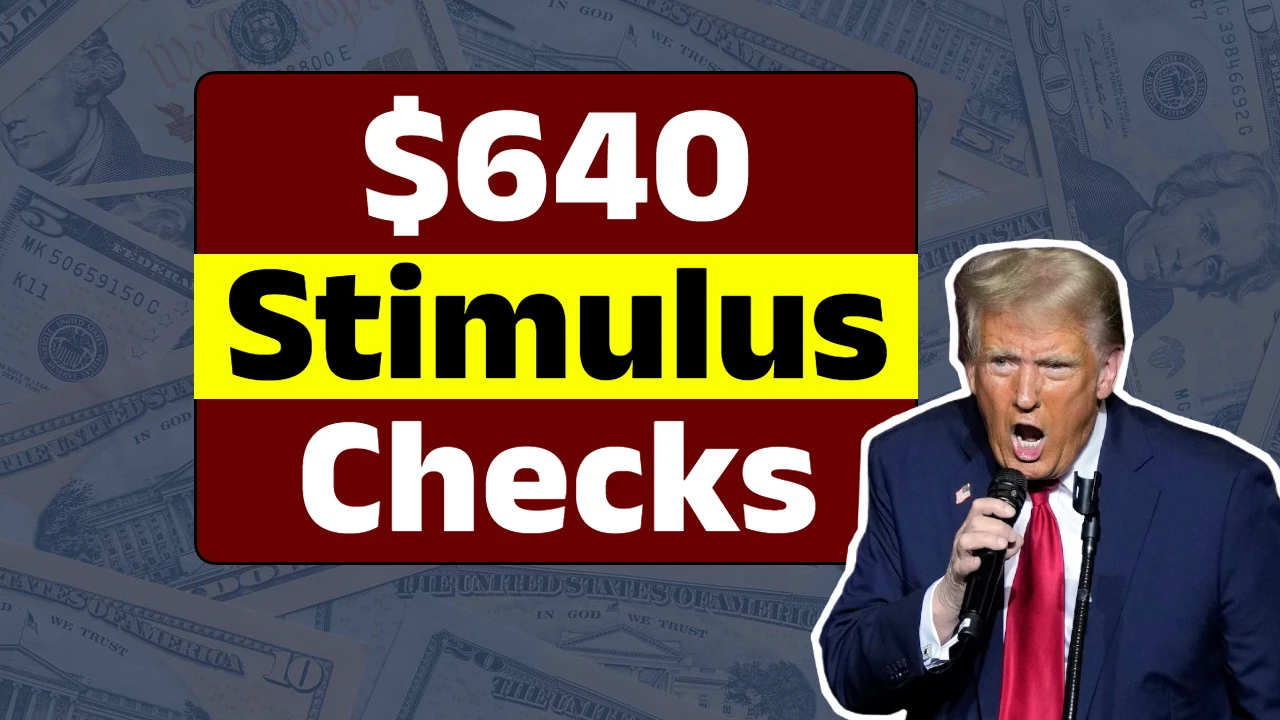$640 Stimulus Checks Approved for Millions – Who Qualifies and When Will Payments Arrive?
Millions of Americans could soon see $640 stimulus checks hit their mailboxes or bank accounts as part of a targeted economic relief effort in 2025. While this isn’t a nationwide federal stimulus like those seen during the height of the COVID-19 pandemic, several state and local programs are issuing payments to help residents cope with inflation, rising food costs, and housing challenges.

Who Is Eligible?
Eligibility for the $640 payment varies depending on the state or municipality issuing the checks. However, common requirements include:
-
Income limits, usually under $75,000 for individuals or $150,000 for couples
-
Residency within the issuing state or local jurisdiction
-
Filing a 2023 or 2024 tax return
-
Enrollment in assistance programs like SNAP, WIC, Medicaid, or SSI/SSDI in some cases
Some regions are also focusing payments on seniors, low-income families, and those affected by job loss during the pandemic or recent economic downturn.
When Will Payments Arrive?
According to local agencies, most $640 payments are scheduled to begin distribution in mid-to-late May 2025. Direct deposit recipients may receive their payments sooner, while paper checks will follow by mail.
To check your eligibility, visit your state’s Department of Revenue or Health and Human Services website. States like California, New Mexico, and New Jersey have either approved or are considering similar relief packages.
Why This Payment Matters
While $640 may not seem like much compared to earlier stimulus checks, for many households, it represents critical help with groceries, rent, or utilities. Advocates say this payment reflects the continued need for targeted aid as inflation and housing instability remain challenges for working-class Americans.
What You Should Do
-
Make sure your mailing address and direct deposit info are updated with the IRS or your state agency
-
File any missing 2023 tax returns
-
Watch for official announcements from your local government


Comments are closed, but trackbacks and pingbacks are open.